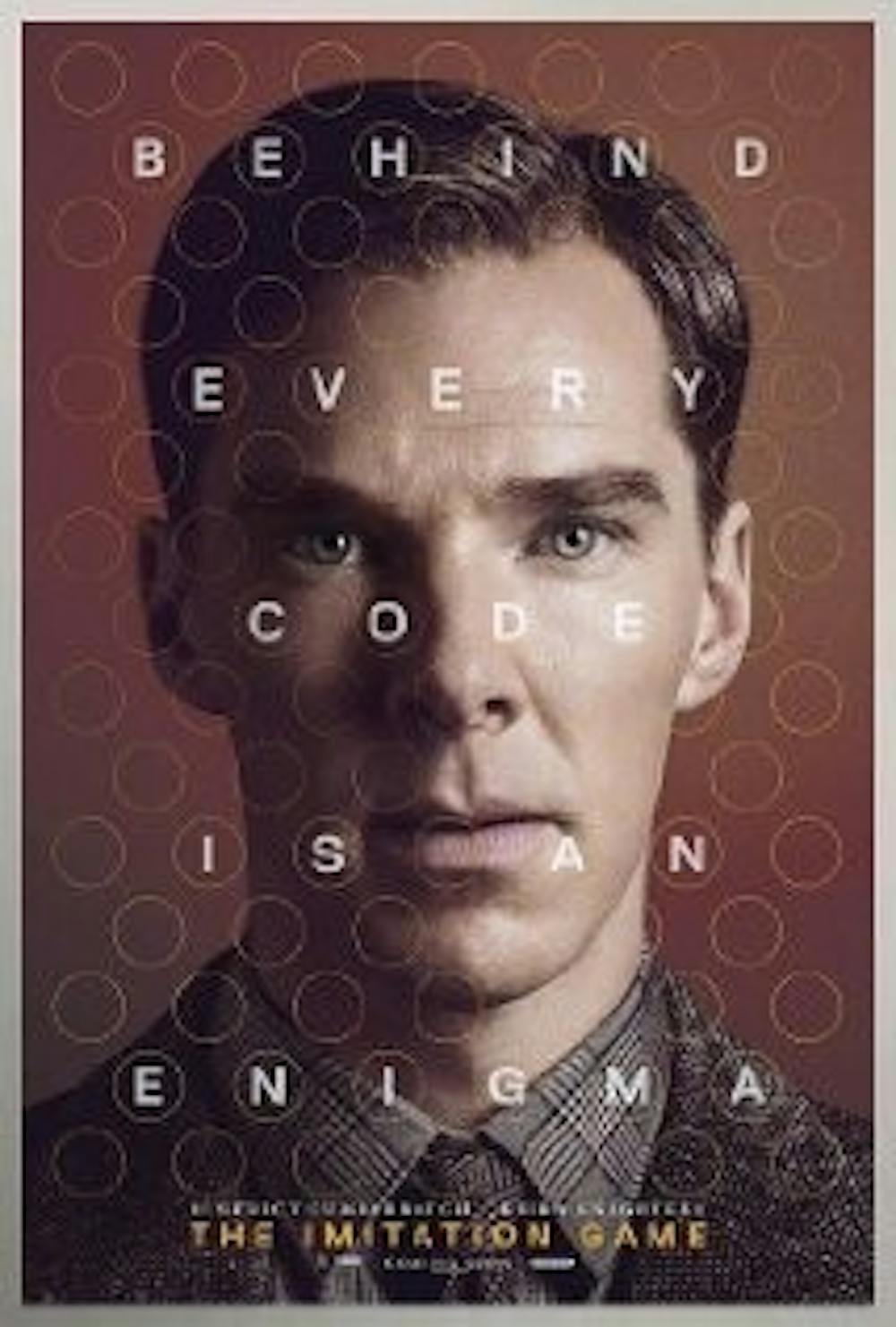“The Imitation Game” begins with a Benedict Cumberbatch voiceover — telling the audience to pay attention, and advising them not to miss a single detail.
An opening like this seems to suggest a mystery is afoot — but this is not the case entirely. In actuality, the film is another biopic of an extraordinary WWII-era British individual from The Weinstein Company — think 2010’s Best Picture winner “The King’s Speech.”
“The Imitation Game,” however, is not a repetition of TWC’s winning formula. This film thrives on Cumberbatch’s excellent lead performance to tell the story of the genius Alan Turing, who not only revolutionized the field of computer science, but whose work also saved thousands if not millions of lives during World War II — only to be later prosecuted on charges of homosexuality.
The film is split into three chronologies, the primary of which is Turing’s decryption of the Enigma Machine during WWII. Enigma was used for all major Nazi military communications — thus, breaking it could be the key to winning the war.
Turing is brought in by Commander Alastair Denniston (Charles Dance, best known as Tywin Lannister in “Game of Thrones”) to join a team of code breakers tasked with cracking Enigma. The machine has millions of possible settings which are changed every day — giving the team less than 24 hours to crack a message before an entire day’s work becomes useless. While his teammates race to decode daily messages, Turing immediately begins work on “Christopher,” a computer designed to crack the Enigma code on any possible setting. Doubted by his peers, Turing ultimately finds an ally in Joan Clarke (Keira Knightley), a brilliant code breaker who must contend with the “boy’s club” of military cryptanalysts.
Cumberbatch plays Turing as an eccentric genius with a comical lack of social skills. His inability to connect with other people is played for big laughs, lending the movie a surprising number of funny moments. At the same time, Turing’s internal turmoil grounds the performance, making his character easy to root for as the audience grieves the premature loss of his genius.
The film pushes the theme of unexpected and underestimated individuals accomplishing wonders — and while the expression of this idea in the film is clunky, it is no less true.
Ultimately, The “The Imitation Game" — driven by Cumberbatch’s performance, an abundance of humor and the melancholy finale — is a highlight of the Virginia Film Festival.







